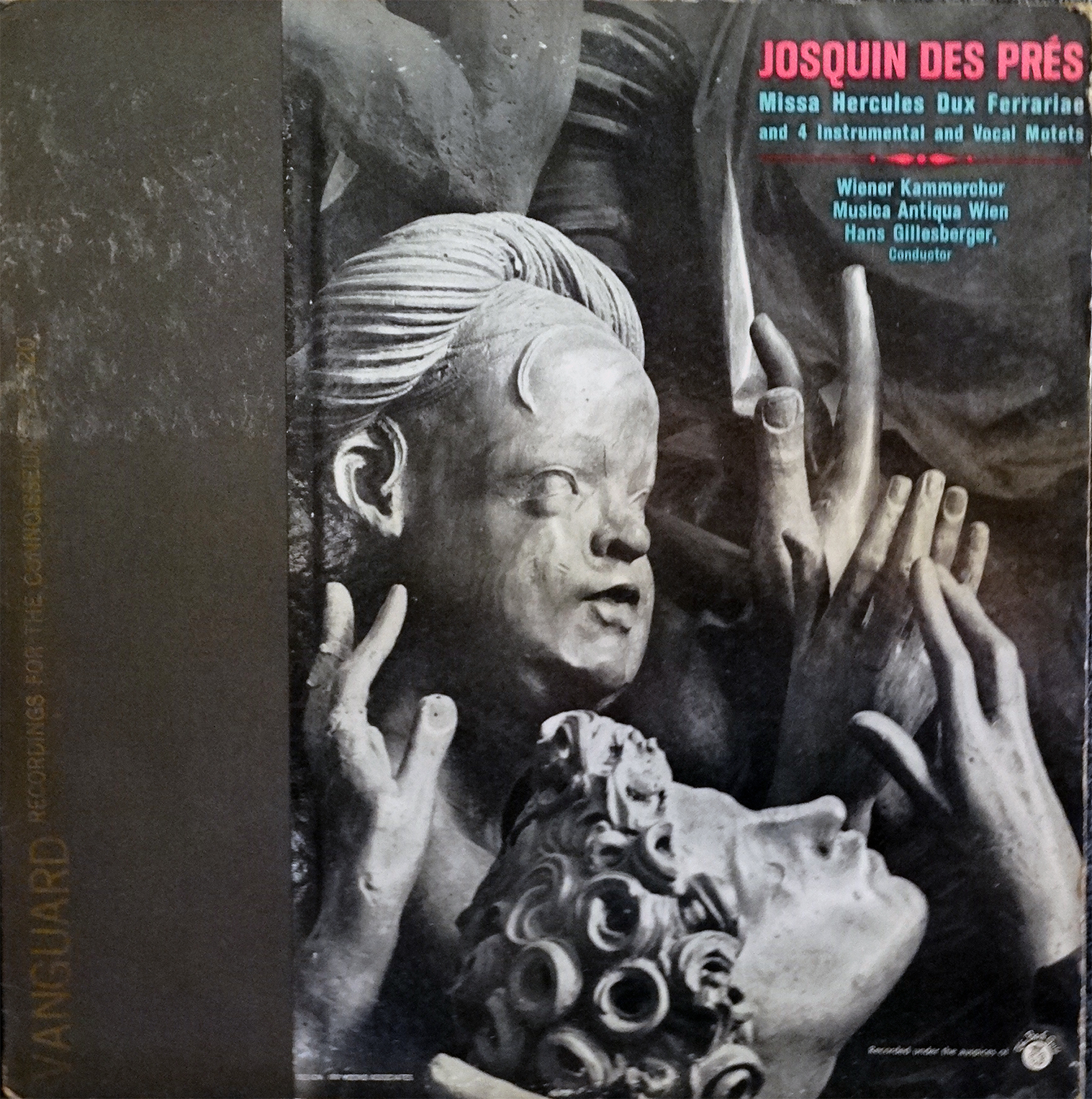– For the context of these translations click here –
CHAPTER 3
THE SONS OF CLOVIS
‘The successors of the first great Frankish king also protected the Church and the worship; monasticism developed… The remnants of paganism were fought with increasing energy’. —H. H. Anton
The division of the kingdom
The kingdom of Clovis was divided almost aequa lance, almost equally, passing in principle to his four sons: all ‘kings of the Franks’; all heirs with the same rights, according to the German rule of succession; all Catholics, except for Theuderic I, with a saint for his mother. And they all also led a life full of hideous cruelties, wars and military campaigns. In the proven tradition of the father they systematically expanded the kingdom and conquered Thuringia (531), Burgundy (533-534) and Provence (537). The aforementioned annexations were joined by numerous raids in search of loot in an extraordinarily troubled time, one of the darkest and bloodiest times in history, brimming with disorder and brutality, fratricides, wars between brothers and betrayals: a race unleashed ‘for power and wealth’ (Buchner), a ‘foolish desire for loot and slaughter’ (Schulze).
But even critical historians bend the knee before the ‘founding of the kingdom’ of the Merovingians, before the bridge they built ‘between Antiquity and the Middle Ages’, before their contribution to the triumph ‘of Catholic Christianity’ to the alliance ‘between throne and altar’. As if all this had not made the story much more gruesome!
The boundaries of the four partitions of the kingdom are not stated with sufficient precision. The one we know best is the inheritance of Theuderic I (reign 511-533). The presumed Hugdietrich of the saga received the lion’s share with the capital, Reims: a territory which would include what later became Austria with its predominantly Germanic population: the entire east, from Burgundy to the Rhineland, and perhaps even as far as the Fritziar and Kassel region, as well as large territories that had belonged to the Alemanni, which was the case in eastern Aquitaine. But each of the sons obtained a part of the Aquitaine lands south of the Loire, which the father had taken over; three of them were exclaves.
Chlothar I (reign 511-561), the youngest of Clovis’ sons, and perhaps not yet twelve years old, the Salic age to reach legal age, obtained mainly the territory of the Salian Franks with the royal cities of Tournai and Cambrai. For the same reason, it included the old Frankish territory between the coast of the English Channel, the Somme and the Carboniferous Forest, with approximately the same borders that it had before the predatory incursions of his progenitor. As the seat of government Chlothar chose Soissons, in the extreme south. Southern and western France corresponded to Chlodomer and Childebert respectively.
Chlodomer (reign 511-524) was around fifteen when his father died and ruled as king of western Aquitaine, the northernmost territory of the middle Loire, at Orleans. And Childebert I (reign 511-558) controlled the coastal lands from the Somme to Brittany; he resided in Paris, the undisputed capital.
A saint and murderer
Shortly after the Auvergne rebellion, the Catholic Frankish kings attacked the Catholic kingdom of Burgundy.
Sigismund (reign 516-523), son of the Burgundian king Gundobad, still ruled there. Since 501 Sigismund was viceroy in Geneva. And what the jealous Avitus had not achieved with the father, he obtained with the son. Around the year 500 Sigismund converted from Arianism to Catholicism. Sigismund later introduced Catholicism throughout Burgundy. He was the first German king to make a pilgrimage to Rome…
Sigismund, the murderer of his own son, makes his way as a saint of the Catholic Church! They ended up thanking him for the conversion of the Burgundians to Catholicism. Soon his cult began in the monastery of St. Moritz founded by him. Those with fever had masses celebrated in honour of Sigismund (who allegedly helped against malaria and tertian fever). In the 7th century he also appears as a saint in the so-called Martyrologium Hieronymianum. At the end of the Middle Ages he will be one of the patron saints of Bohemia and even become a fashionable saint. The Archbishop of Prague declared the feast of Sigismund a feast of the archdiocese.
His statue appears on French and German altars as well as in the Freiburg Cathedral; there are churches dedicated to Sigismund and a brotherhood named after him. His relics were requested, which initially rested at St. Moritz. The head was taken to the church of St. Sigismund, although a fragment of it is found in Plozk of the Vistula; in the 14th century a part of the body was deposited in St. Vitus Cathedral in Prague, and another was taken around the same time to Freising, which eventually became the centre of its veneration in Germany.
______ 卐 ______
Editor’s interpolated note: Regardless of the repulsiveness of relic worship—pieces of decomposed corpses —, what is currently happening in France and Germany has very dark and old historical roots that no one in white nationalism sees for the simple reason that none lives under the weirwood but in the inane present.
It should be obvious that, if these Germanics hadn’t been infected with a cult of Semitic origin, they would have regarded Hermann as a hero who fought against the Romans when the latter were already mongrelising.
Instead, after the Christian takeover these Germanics were forced to worship Catholic monsters. Tell me whom you worship and I’ll tell you who you’ll become. Read pages 23-32 of The Fair Race’s Darkest Hour: the only article by a Jew in that compilation. Even the Nazis translated it to German in the Czernowitzer Allgemeine Zeitung of September 2, 1933.
Now let’s go back to Deschner’s account of how a female ‘saint’ gives orders to murder her grandchildren:
______ 卐 ______
On the death of Chlodomer, his three brothers, ‘warriors above all and simple gang leaders’ (Fontal) shared the inheritance, ignoring all the rights of the three minor children of the deceased king and without allowing any regime of tutelary government from their mother.
The pious Childebert got, it seems, the lion’s share. He was a true father of the nation, who promoted ecclesiastical institutions, enjoyed dealing with bishops granting them real estate, war spoils and large sums of money while being in constant communication with the ‘Holy See’. And as Childebert and Chlothar, who had married Guntheuc, the widow of Chlodomer, certainly feared that the hereditary rights of Theuderic and Gunthar, Chlodomer’s minor children, would be asserted, Childebert didn’t doubt in encouraging their murder, of which Chlothar ‘was very glad’.
After all, both sovereigns had a saint for their mother, Saint Clotilde, and furthermore, being already a Catholic princess, she had imposed baptism on the children of Clovis, had ‘raised them with love’ and had certainly given them a good Catholic upbringing. And since Clotilde also took care of the education of the minor children of the late Chlodomer, the kings Childebert and Chlothar, who had taken over her nephews, asked Clotilde if she wanted her grandchildren to ‘continue living with their hair cut off [like monks] or if they had to kill them both’. And ‘the ideal figure of the desire for feminine holiness’, the francorum apostle who felt for the two children ‘a singular affection’ (Fredegar), replied: ‘Rather dead than tonsured, if they are not going to reign’…
Chlothar put the knife to the neck first to one and then to the other of his brother’s sons, who cried out in anguish. ‘After they had also dispatched the boys’ servants and educators’ Chlothar mounted his horse ‘and left there’. One of them was ten years old and the youngest seven… Queen Clotilde led such a life that she was venerated by the whole world… ‘Her conduct was always of the utmost purity and honesty: she granted goods to churches, monasteries everywhere to holy places, willingly and supplying them with whatever they needed…’
The third son of Chlodomer, the youngest, named Clodoald, was saved from the carnage and entered the clergy, after allegedly shearing himself. ‘He renounced the earthly kingdom and dedicated himself to the Lord’, Gregory writes beautifully. And Fredegar adds: ‘And he led a dignified life; the Lord deigns to perform miracles on his grave’. Clodoald was the founder of the monastery of Saint-Cloud in Paris, which bears his name, and died around the year 560… Clotaire, the uncle-murderer and the executioner, obtained Tours and Poitiers, with the sanctuaries of the patron saints of France, Martin and Hilary, together with the treasure.
Theudebert I, and killer kings
Theudebert [editor’s note: the son of Theuderic I and the father of Theudebald] was the first Frank to call himself Augustus and who felt he was the successor of the Roman Caesars and liked to adopt imperial attitudes like minting gold coins with his image that could be described as illegal. He ordered circus games to be held in Arles in the manner of the emperors and must have even thought of the conquest of Constantinople, cherishing the hope of seizing imperial dignity and world domination through an incursion against Byzantium, something planned jointly with the Gepids and Lombards. Such a man naturally had to be on good terms with the Church…
King Theudebert was a benefactor of the Church, which he ‘exempted from tax obligations and deliberately favoured’ (Zollner) while he did nothing more than bleed his Frankish subjects with taxes in the Roman manner… Very significant is the fact that his finance minister, Parthenius (grandson of Bishop Ruricius de Limoges, the murderer of his wife and her lover), on the death of Theudebert and despite the episcopal protection, was removed in Trier from a church, spat on, beaten and stoned by the enraged people.
Even more criminal and even more devoted to the Church was the family clan, which outlived Theudebert. Chlothar I also fought almost continuously during the last years of his life, without this fact bothering at all and not even attracting the attention of those who preached peace and love of neighbour and enemy. The king, undoubtedly the weakest of the Frankish princes until after the death of Theudebert I (558), took over the entire kingdom. He had nevertheless criticised the growing ecclesiastical wealth, but per his brother’s constitution of 554, he also tried to uproot whatever was left of the indigenous religions of his subjects.
It is true that in a winter campaign (555) against the Saxons he bore the worst of it, but the following year he imposed himself on the association of Saxons and Thuringians and even sent troops against the Ostrogoths of Italy. In 557 he fought again against the Saxons, apparently reluctantly, but ‘he was beaten with such enormous bloodshed, and with such a great multitude of casualties on both sides that no one can calculate or evaluate’ (Gregory). But he managed to beat the Danes and Eutenians…
 A year later Clotaire also died, and with him the last of Clovis’ four sons, all of whom—like their father—had lived for robbery, murder and war. Everywhere they had gone in search of relics of martyrs, had taken care of relocating them and had promoted the veneration of the saints. They founded many monasteries and endowed them generously. They awarded large real estate to the clergy and made donations to them. The old annals abound in their praises…
A year later Clotaire also died, and with him the last of Clovis’ four sons, all of whom—like their father—had lived for robbery, murder and war. Everywhere they had gone in search of relics of martyrs, had taken care of relocating them and had promoted the veneration of the saints. They founded many monasteries and endowed them generously. They awarded large real estate to the clergy and made donations to them. The old annals abound in their praises…
Clotaire I, in whose territory the Church was poorly organised and the victim of special relaxation, perhaps didn’t care about Christianity at all. Anyway, he too became a Christian and a faithful Catholic, who waged war after war and had his closest relatives murdered, including young children, maidens, and even his own son, while personally bankrupting himself with countless concubines and at least six marriages ‘and not always successive’ (Schultze). Despite this, the ecclesiastical author of the 7th century compares this king with a priest, showering him with praise. And it is that, indeed, he worried about the transfer of the remains of martyrs, promoted the veneration of Medard, the patron saint of the royal house and supported the founding of churches and monasteries…
Childebert I showed a very special fervour and devotion to the clergy. The usurper and incestuous erected the Holy Cross and the Spanish proto-martyr Vicente de Zaragoza—whose martyrdom was adorned with great propagandistic displays—a basilica in Paris, which would later become the Abbey of Saint-Germain-des-Prés. He made a pilgrimage to the cell of Saint Euspicius, in whose honour he also built a church. He made donations of land and large sums of money, including the spoils of his wars for Catholic churches and monasteries, in which he ordered to pray for the salvation of his soul and the prosperity of the Frankish kingdom.
Thus he distributed among the Frankish churches dozens of chalices and numerous patens and gospels, all made of gold and precious stones, and all material that he had stolen in his Spanish war. Childebert made Orleans the ecclesiastical capital of his kingdom. There four national synods met (in the years 533, 538, 541 and 549). All Frankish kings sent their bishops to them (exception made for the one celebrated in 538). In 552 Childebert summoned another national council in Paris. He promulgated a decree against ‘paganism’ that was still alive, mostly in northern and eastern France. He harshly persecuted anyone who erected ‘idols’ in the fields or prevented their destruction by the priests. He forbade even pagan banquets, songs, and dances, though certainly without demanding conversion by force…
Vigil, the murderous pope, described Childebert in 546, as ‘our most glorious son’ and praised his ‘Christian will, pleasing to God’… Pope Pelagius died in 561, the same year that Clotaire I, the last son of Clovis, did. In that same decade, and together with the Franks and the Visigoths, another Germanic people began to play an increasingly important role: the Lombards.







